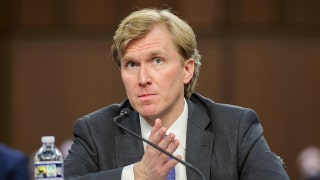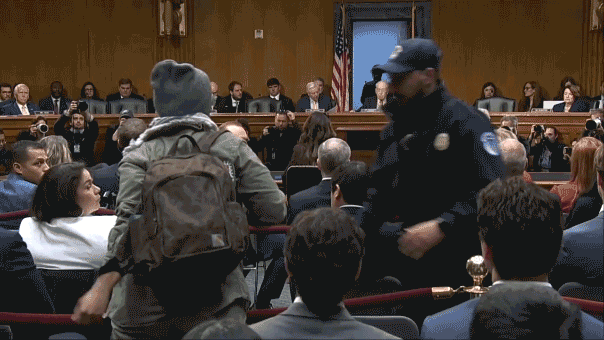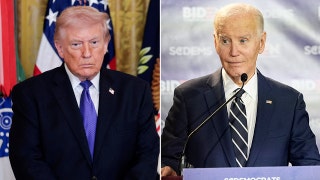Quaid tells the story behind 'Reagan': 'I'm proud of the movie'
Actor Dennis Quaid reacts to Trump's historic Bronx rally as well as his upcoming movie, "Reagan," on "Jesse Watters Primetime."
As the Ronald Reagan Presidential Foundation commemorates the 20th anniversary of the former president's death, both the pressing challenges facing Americans in 2024 and the milestone 80th anniversary of D-Day are front of mind for foundation leaders.
"It's valuable to reflect on the tremendous successes of the Reagan presidency and to draw lessons for today," foundation President David Trulio told Fox News Digital in an interview. "So, it's important to recall that President Reagan won the Cold War. He unleashed an enormous economic boom. He helped restore America's pride in itself, and he restored and earned the respect that other countries had for the United States."
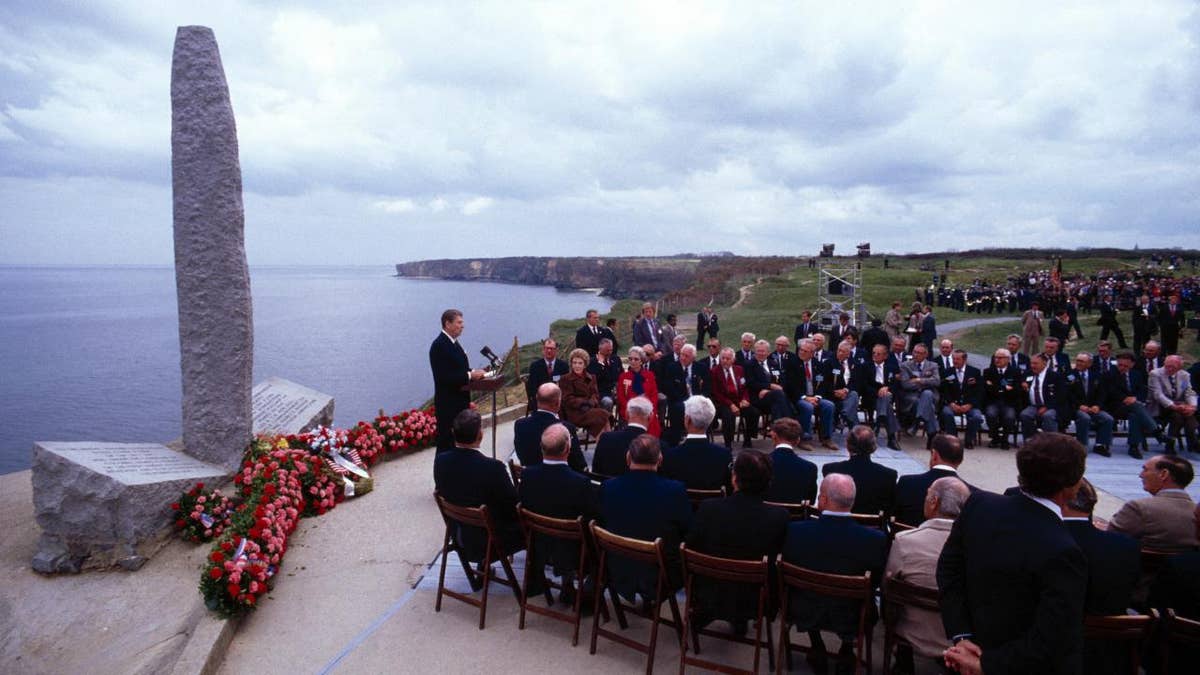
President Reagan gave two speeches in Normandy, France, on June 6, 1984, including one of his most famous speeches that highlighted the heroic actions of "the boys of Pointe du Hoc." (David Hume Kennerly/Contributor)
Trulio said the dawn of the Reagan era – the late 1970s into the early '80s – was a time of "very significant economic challenges" in which "inflation was terrible" and a communist mindset began to seep into America's consciousness.
"There was an assertive, expansionist, communist-led Soviet Union that was threatening America's way of life, and there was a sense among many Americans that America's best days were behind her," Trulio said. "Those are really striking parallels, not a one-for-one comparison, but there are striking parallels to that era, to today where Americans feel the effects of inflation, of a challenging economy, a sense that the American Dream is under challenge or that our best days are behind us now."
The foundation will feature several key political figures over the course of its two-day celebration of Reagan's 20th anniversary and the 80th anniversary of the World War II D-Day landings in Normandy, France, on June 6, 1944.
KT McFarland, former deputy national security adviser under former President Trump; Reagan administration budget official Stephen Moore; Carol Thatcher, daughter of late British Prime Minister Margaret Thatcher; and Ben Mulroney, son of the late Canadian Prime Minister Brian Mulroney are among the panelists at the foundation's commemoration of Reagan.
Reagan gave two speeches in Normandy on June 6, 1984, when he delivered one of his most famous speeches highlighting the heroic actions of the "boys of Pointe du Hoc."
"It's really striking, going over those speeches today, how relevant they were not only in terms of what happened 80 years ago, not only in terms of how relevant they were to 1984, but how relevant they are today," Trulio said. "He was a man of great principle who was able to work with people with whom he disagreed to get major legislation done and advance the interests of the American people."
ON THIS DAY IN HISTORY, FEBRUARY 6, 1911, RONALD REAGAN IS BORN IN ILLINOIS
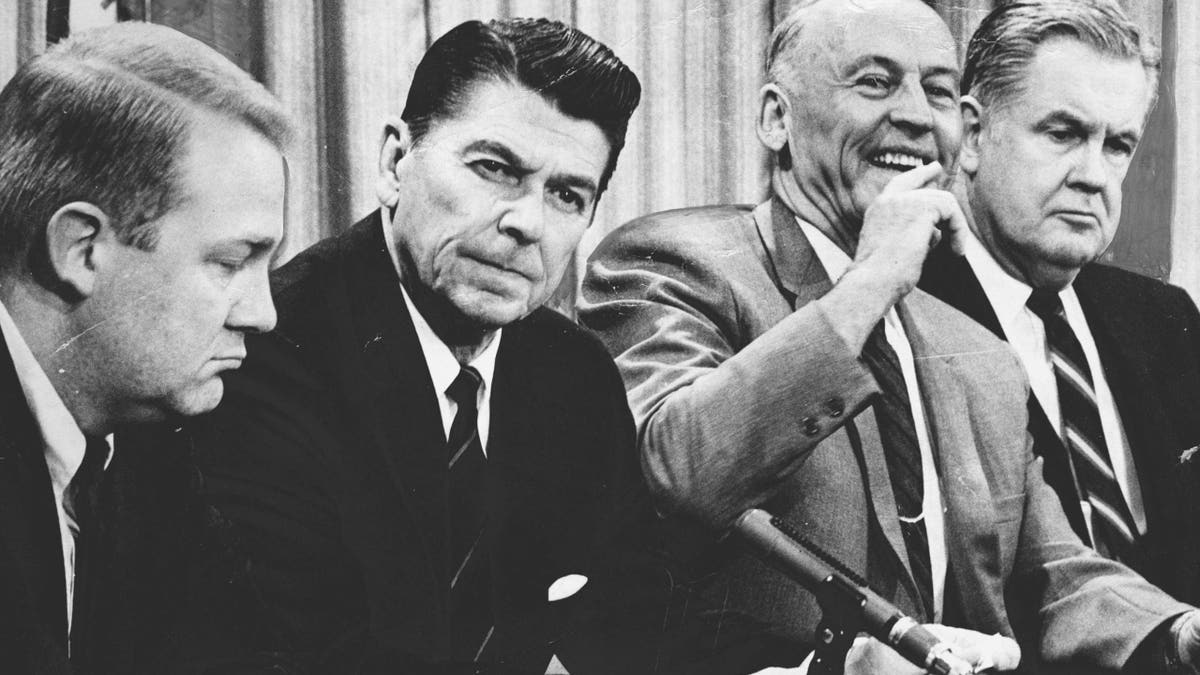
Then-California Gov. Ronald Reagan, flanked by his executive assistant, Edwin Meese III, left, Alameda County Sheriff Frank I. Madigan, second from right, and California Highway Patrol Commissioner H.W. Sullivan, proclaims "a state of extreme emergency" exists at the University of California, Berkeley, on Feb. 6, 1969. (Sacramento Bee/Tribune News Service via Getty Images)
Reagan, the country's 40th president, died on June 5, 2004, at age 93 after a decade-long battle with Alzheimer's disease. Known as "The Great Communicator," he was elected to office in a landslide victory over incumbent Democrat Jimmy Carter in 1980 and is credited with revitalizing the country's stagnant economy and forcing the end of the Cold War during his two terms in office from 1981 to 1989.
Ascending to the presidency on a pledge to restore "the great, confident roar of American progress and growth and optimism," Reagan – a former actor and two-term California governor – remade the Republican Party in his own image of fiscal and social conservatism. Reagan brought a grandfatherly warmth to Republican issues and values that attracted supporters across a broad political spectrum.
He successfully implemented most of his key campaign promises: reducing government bureaucracy and regulation, cutting taxes and building up a strong national defense while fighting the spread of communism. Reagan secured an even wider margin of victory with his 1984 re-election, winning 49 states. Aside from the District of Columbia, Reagan only lost Minnesota, which was the home state of his Democrat rival Walter Mondale, by a few thousand votes.
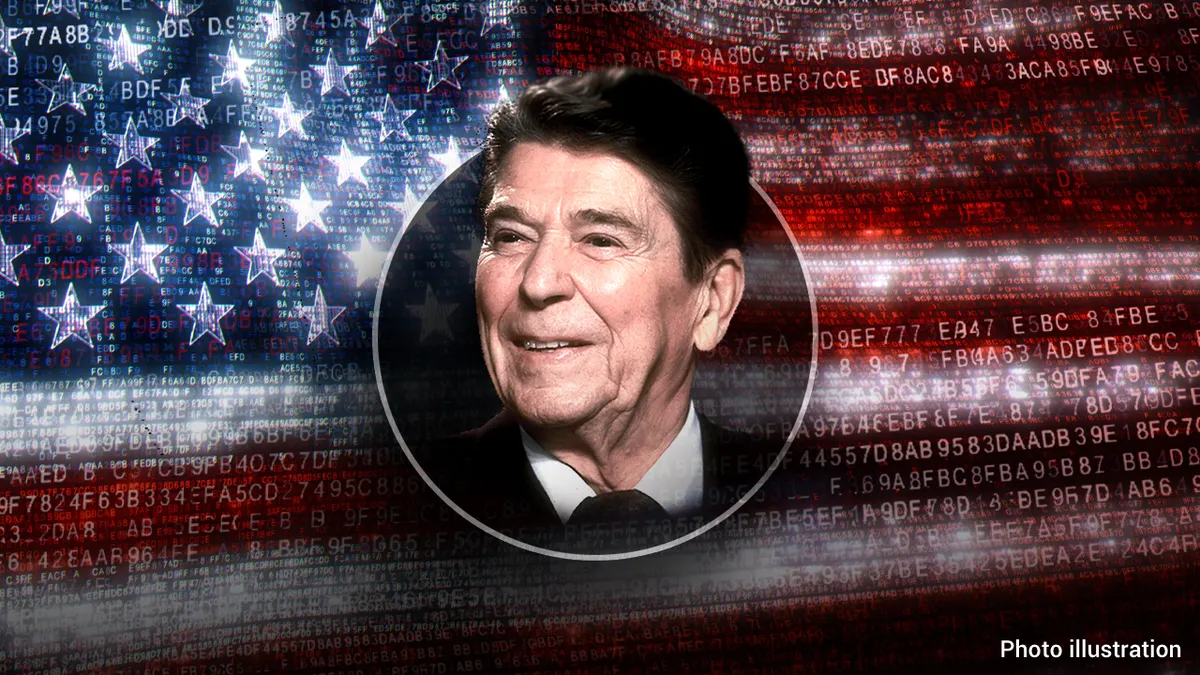
Ronald Reagan (Fox News)
CLICK HERE TO GET THE FOX NEWS APP
"The conflicts in the Middle East, the violence there, and in addition to that, there's the war in Ukraine, and then we also have an expansionist People's Republic of China led by the Chinese Communist Party," Trulio said. "So, the keys to applying President Reagan's principles involves understanding that it is crucial to be strong in order to deter the potential threats, and … if one can't deter, then … be strong in order to prevail."
"And part of what President Reagan spoke about in Normandy 40 years ago was the importance of having allies and that having allies is part of that strength," Trulio added. "Allies who share those principles of freedom and democracy, we are stronger with allies who share our values. It's always important to stay strong, because by staying strong, you really reduce the risk of having to embark on another terrible war, such as the one afflicting the world 80 years ago and the tremendous death and suffering that resulted from that."
Previous Fox News reporting was incorporated into this report.






